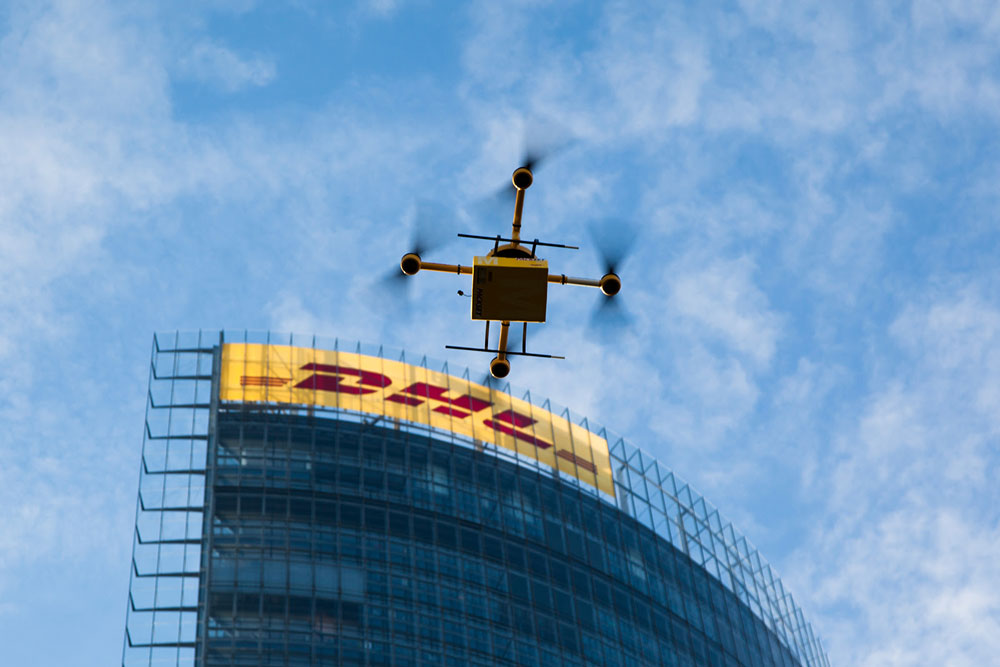
Robohub.org
A discussion on deploying drones for international development

Last month, Deutsche Post DHL transported six kilograms of medicine from a pharmacy in Bonn, across the Rhine River, to its headquarters. This wouldn’t have made international news, except that DHL accomplished this with an unmanned aircraft system — commonly known as a drone.
This came less than a week after Amazon’s Jeff Bezos claimed his company would deliver products to customers’ doorsteps via drone in three or four years. Regulations and technological hurdles would make Bezos’ plan all but impossible in the US near-term, but DHL proved that with proper planning and logistics, you could deliver small parcels with small drones today.
On January 22, The International Research and Exchange Board, or IREX, will be hosting a “deep dive” discussion on how this same technology could benefit international development. The goal of this 45-year old not-for-profit is to “enable local individuals and institutions to build key elements of a vibrant society,” a mission which includes strengthening education and independent media, and leveraging technology for development.
I’ll be speaking at this event and helping participants envision applications for unmanned aircraft and international development, along with Jessica Leber (Fast Company, Co.Exist), Tom Snitch (University of Maryland’s Institute for Advanced Computer Studies), Paola Santana (Matternet), and Timothy Reuter (Drone User Group Network). See the IREX press release for more information.
In the United States, journalists are severely limited to access to the skies, and only hobbyists or government institutions can fly drones. However in developing countries, there are a multitude of ways in which drones could aid reporters.
Above protests in Thailand, Turkey, Argentina, Estonia, Poland, and Russia, we’ve seen how small unmanned aircraft can give critical insight into the size of political uprisings, and provide evidence of police tactics. We just as likely could see reporters in developing nations using drones to monitor elections, record human rights abuses, and measure the impact of natural disasters and resource extraction.
Next to delivery drones, drone journalism may be the most widely-known use of this technology. But in the developed world, the largest single sector for unmanned technology will be agriculture. Drones both large and small have potential as vehicles to precisely deliver pesticides and herbicides, and collect crop data that allow minimum inputs for maximum yields.
Where access to water is at a premium, drones could help farmers do more with less. And any time a producer can reduce environmental impact through reduced chemical use or sustainable farming methods, the local community and the ecosystem benefit.
Of course, this isn’t to diminish the value of the drone as a means of transport. Paola Santana, Co-Founder, Head of Regulatory & Legal Affairs at Matternet, is one of the people working to make airborne delivery a possibility where ground-based delivery is treacherous or impossible. She’ll also be speaking at IREX.
In “developed” countries, where drones have to weave through increasingly cluttered skies and negotiate numerous physical and legal complexities on the ground, drones have to avoid the infrastructure. But in an international development context, where drones deliver much-needed services to undeserved areas, drones become the infrastructure.
It could turn out that developing countries are in the best position to make use of this technology.
tags: c-Aerial, cx-Events, cx-Politics-Law-Society





